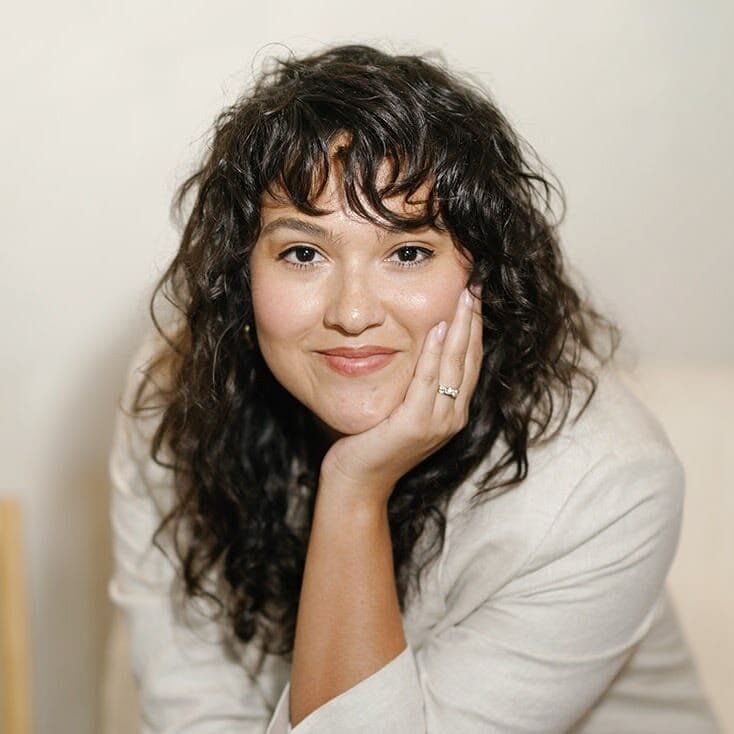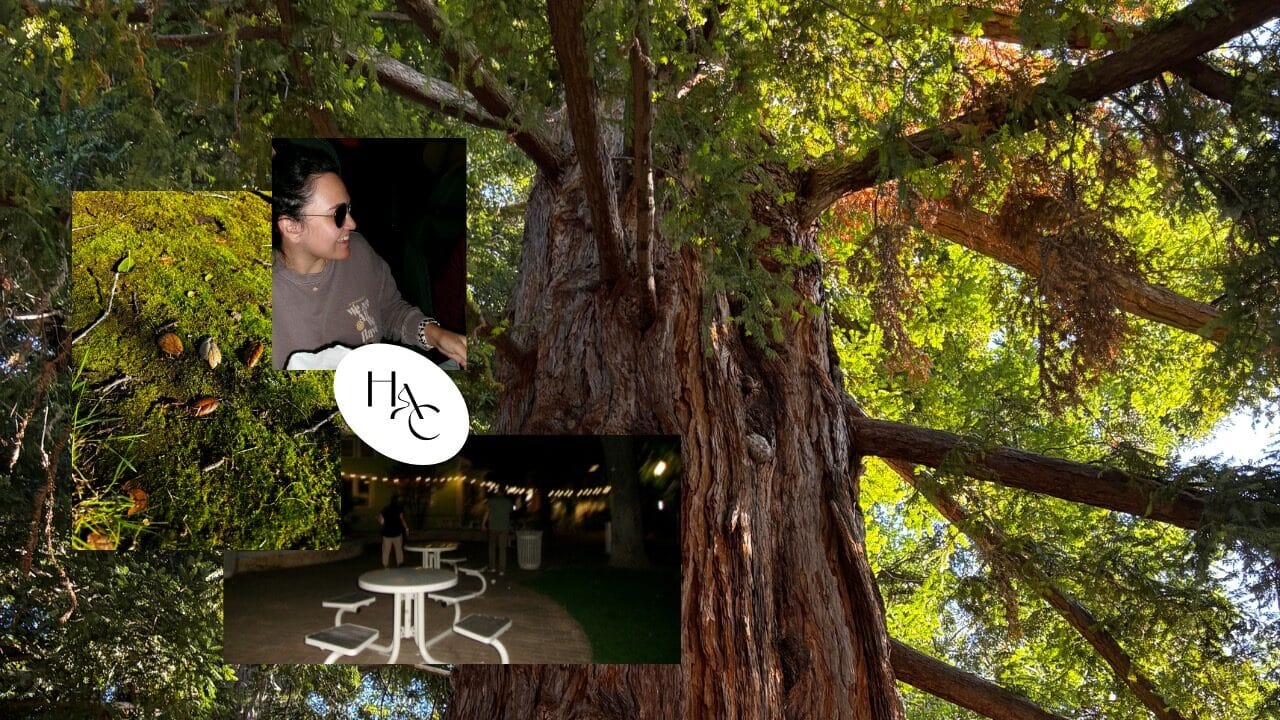This summer has been quite eventful! I’ll catch you up.
Here is a somewhat unorganized summary of things I did this summer and my thoughts about them!
I attended a Wisdom School
I traveled to San Francisco in May to attend a wisdom school on the Wisdom Way of Knowing taught by Cynthia Bourgeault. It was nice to be face-to-face with so many individuals from vastly different backgrounds. As we communed silently for breakfast in the mornings, shared about our daily inner tasks over lunch and dinner, I was honored to move with fellow seekers practicing presence and self-observation— and learning how we can do this in our everyday (often overwhelming) lives.
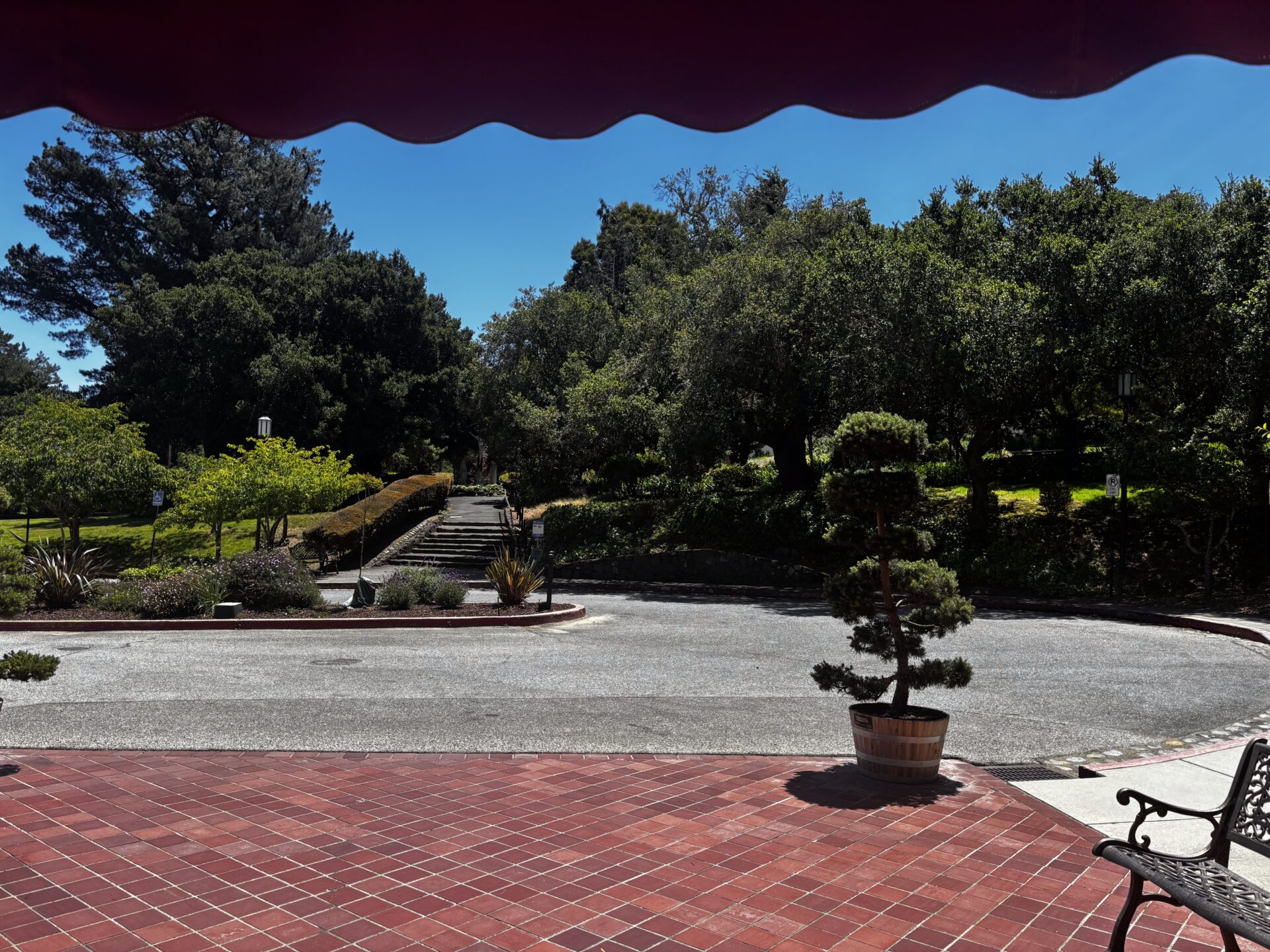
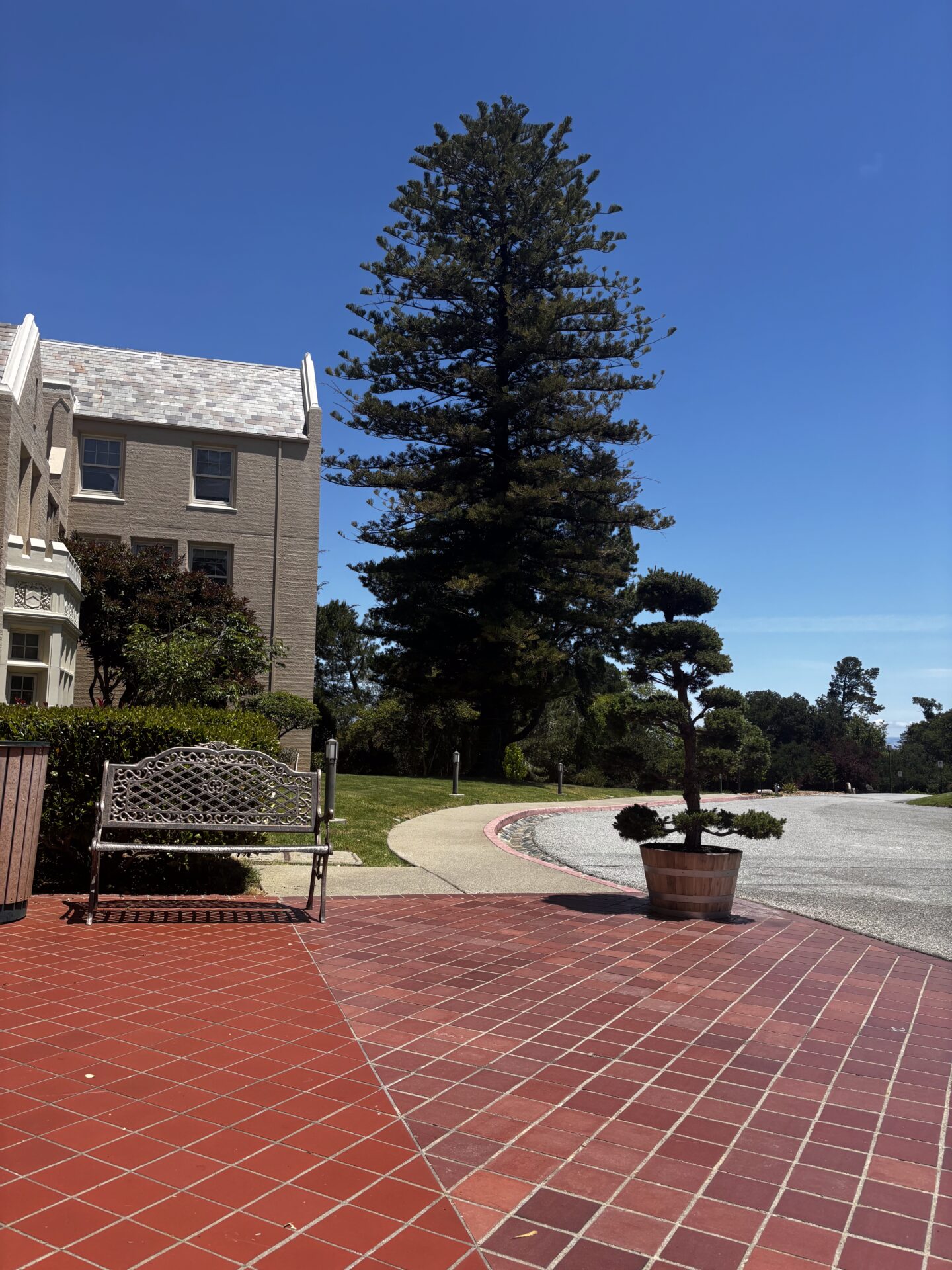
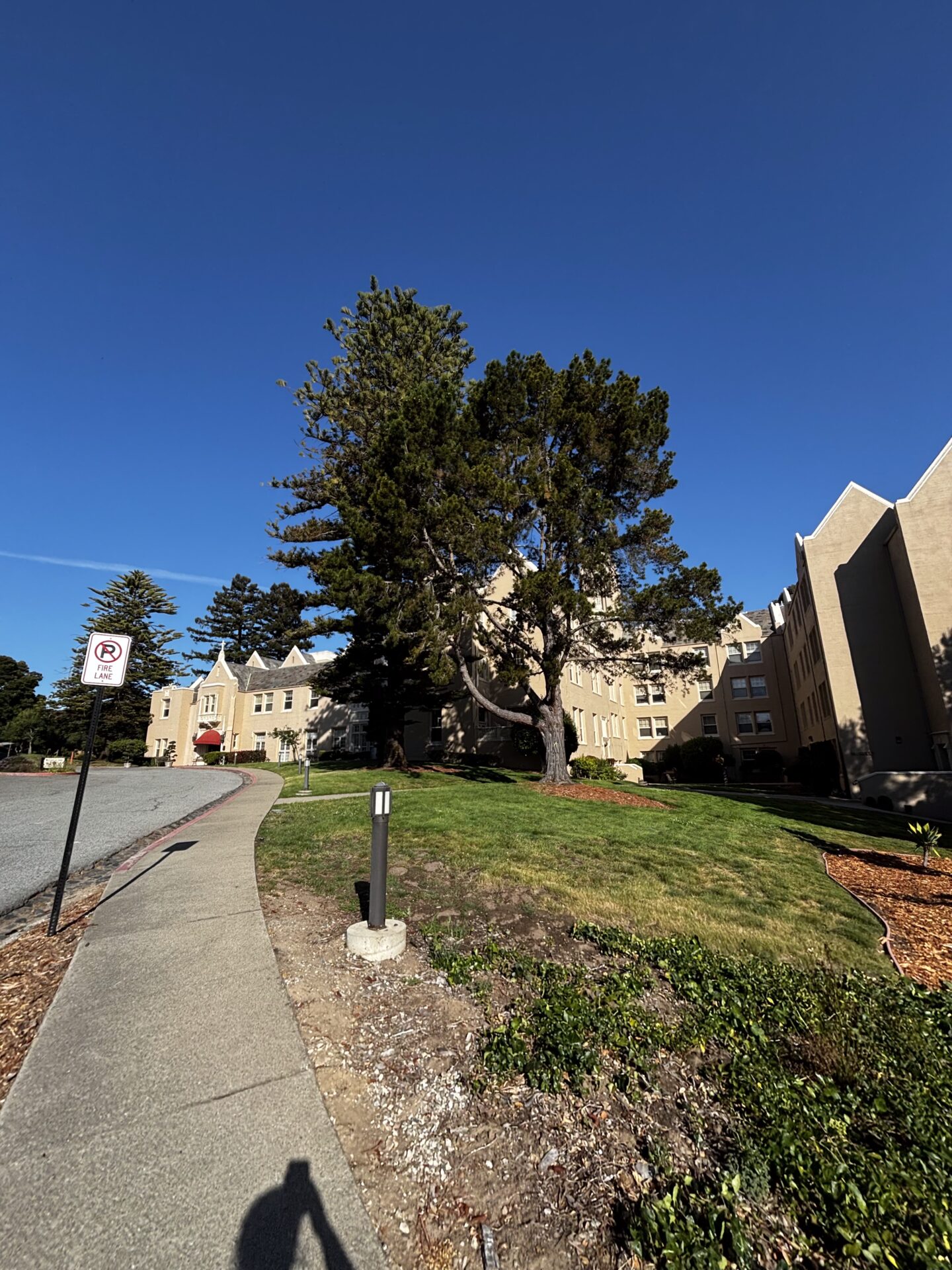
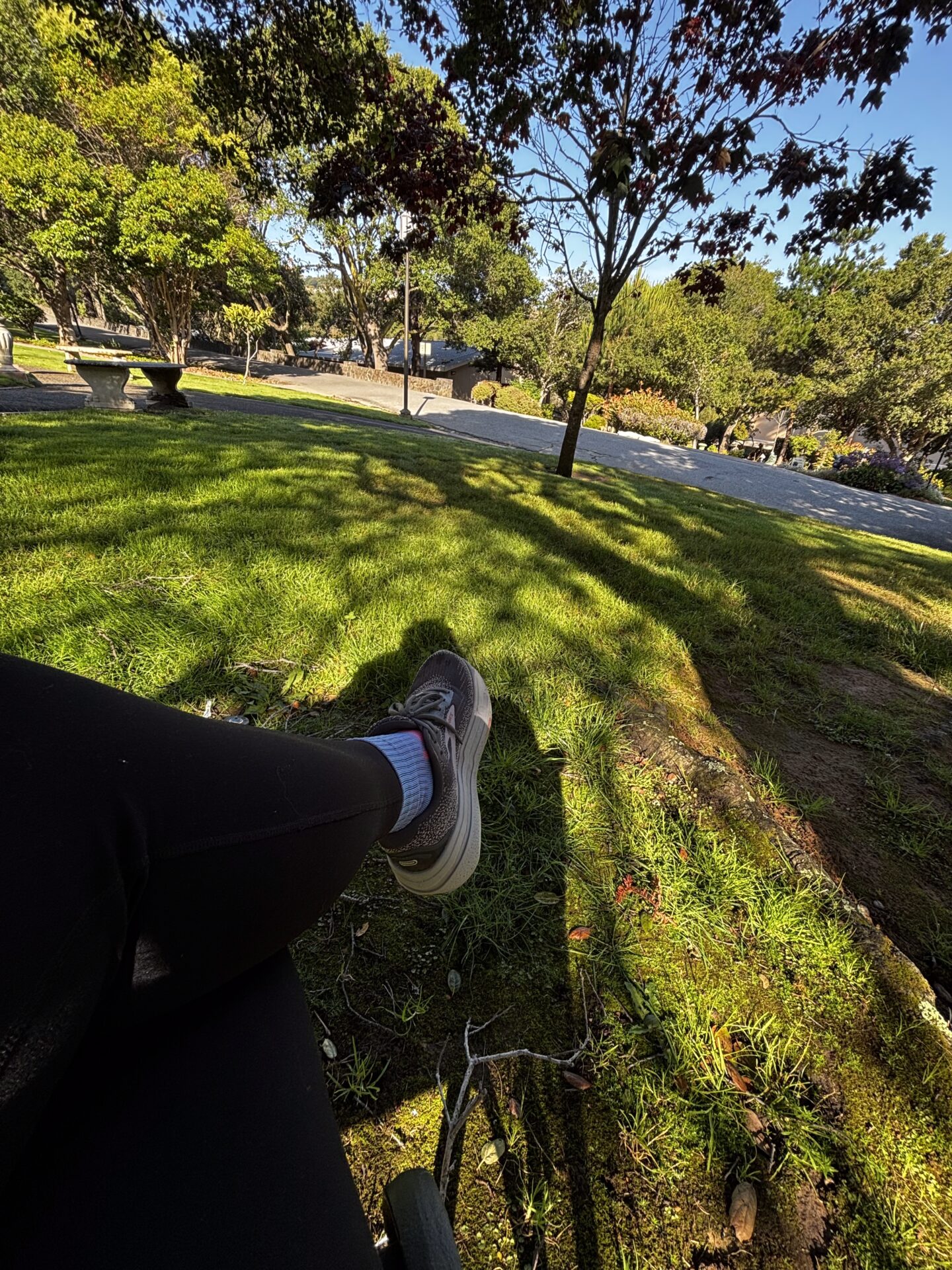
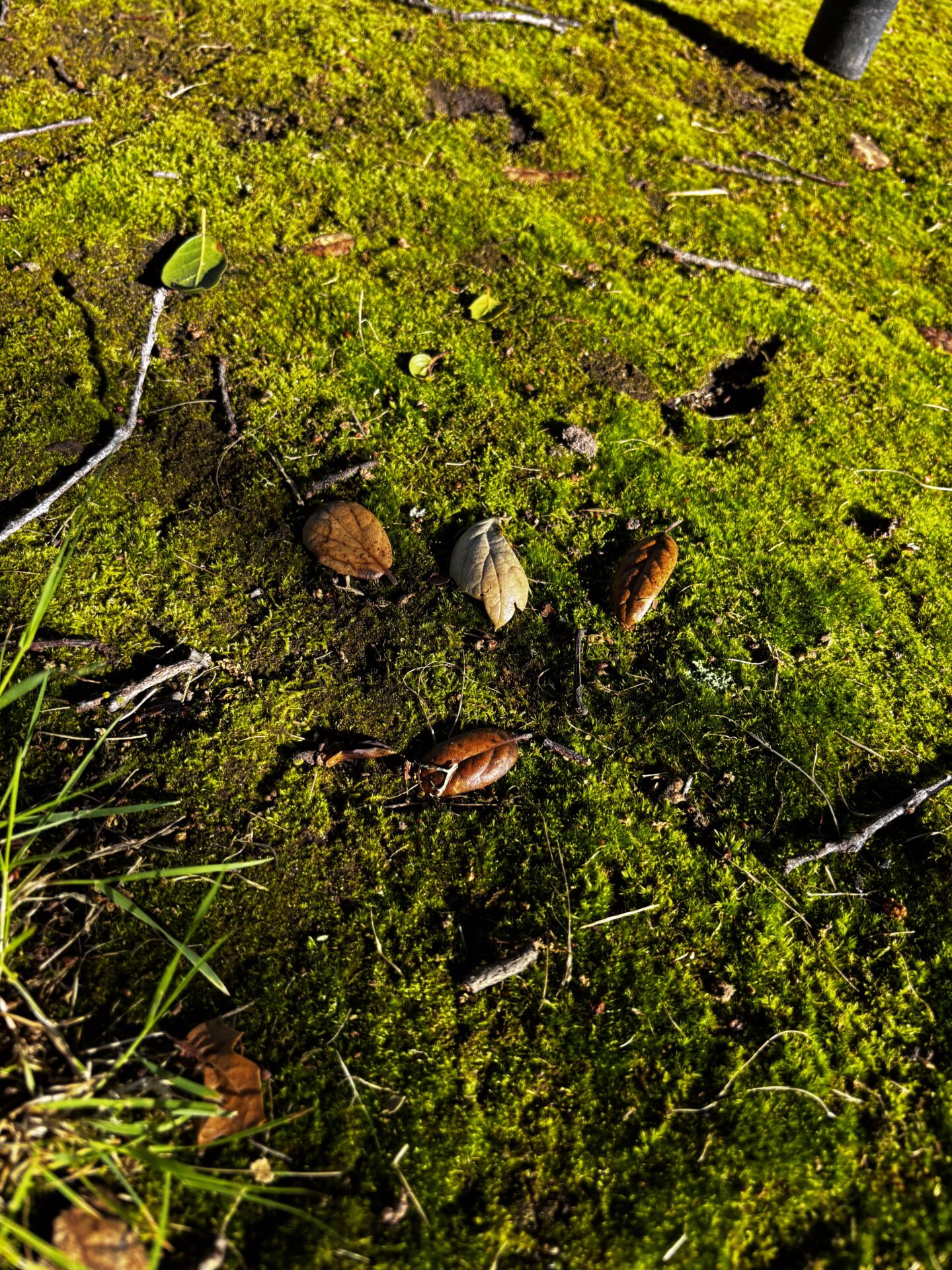
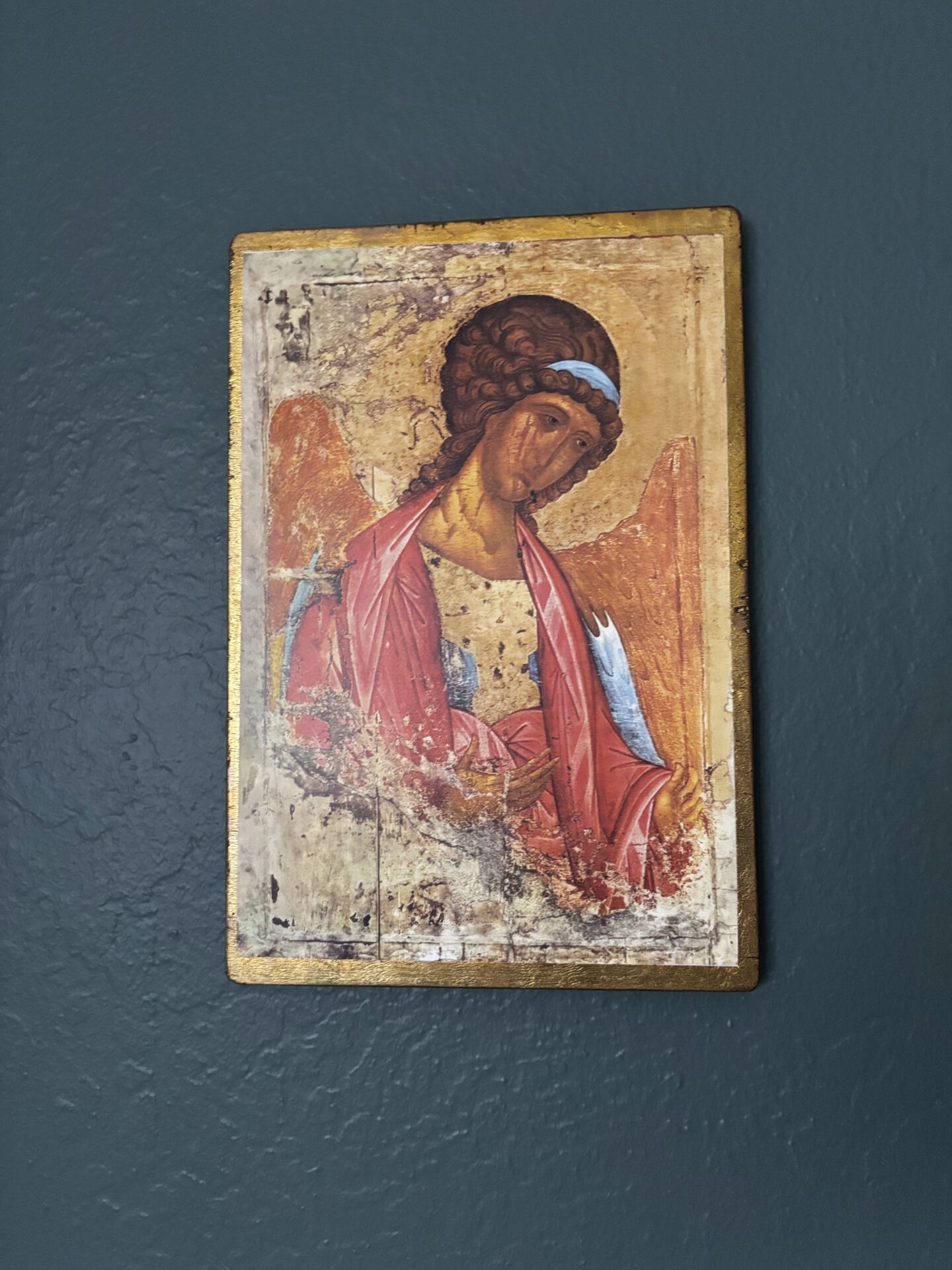
“Wisdom isn’t knowing more. It’s knowing with more of you.” — Cynthia Bourgeault
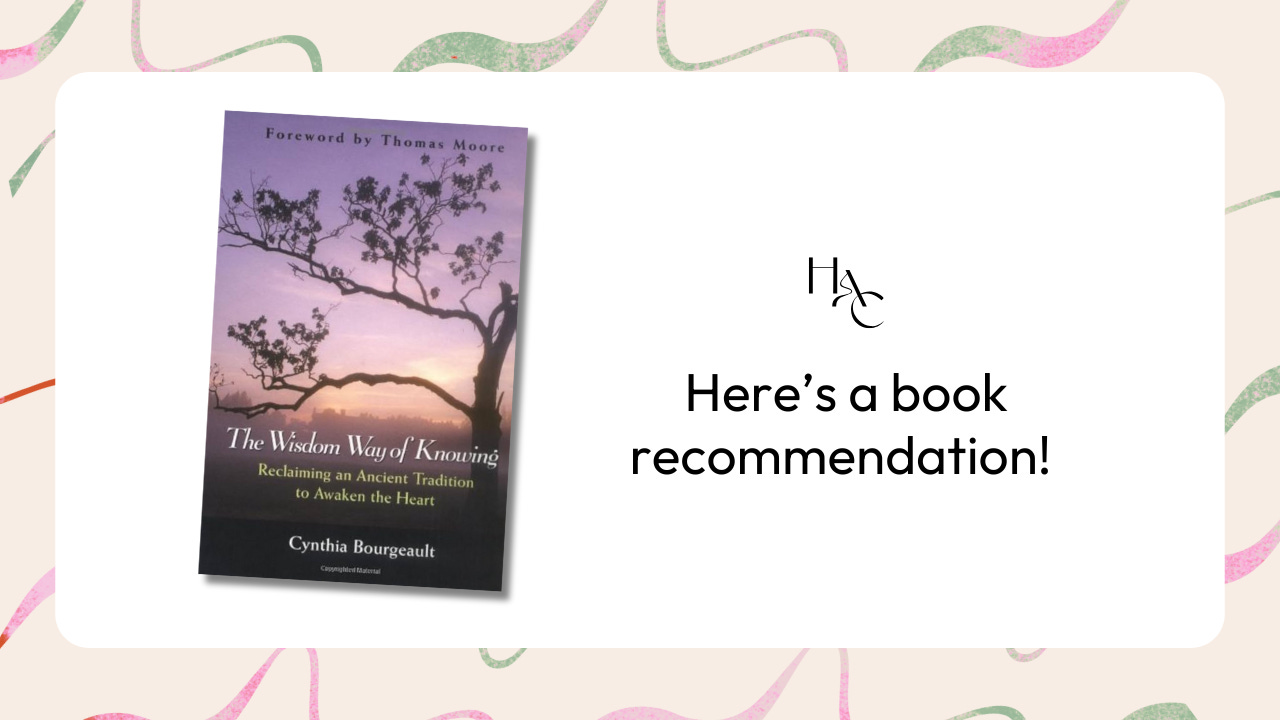
Something in me recognized the wisdom in this book. I reference it often, and I’m on my second read through it.
Cynthia teaches on the Christian contemplative and Wisdom paths. For those approaching this with any religious trauma, trust your pace, and know that this may be different from what you’ve been used to. I at least knew that it was a book for me. It offers a vast perspective pulling from “resources as diverse as Sufism, Benedictine Monasticism, the Gurdjieff Work, and the string theory of modern physics.”
I’ll share one of my favorite sections from the book that explains the idea of ‘transformation’ that I encounter in the work I do with the Enneagram.
The “Acornology” parable from Cynthia Bourgeault’s The Wisdom Way of Knowing.
“Once upon a time, in a not-so-faraway land, there was a kingdom of acorns, nestled at the foot of a grand old oak tree. Since the citizens of this kingdom were modern, fully Westernized acorns, they went about their business with purposeful energy; and since they were midlife, baby-boomer acorns, they engaged in a lot of self-help courses. There were seminars called “Getting All You Can out of Your Shell.” There were wounded-ness and recovery groups for acorns who had been bruised in their original fall from the tree. There were spas for oiling and polishing those shells and various acornopathic therapies to enhance longevity and well-being.
One day in the midst of this kingdom there suddenly appeared a knotty little stranger, apparently dropped ‘out of the blue’ by a passing bird. He was capless and dirty, making an immediate negative impression on his fellow acorns. And crouched beneath the oak tree, he stammered out a wild tale. Pointing upward at the tree, he said, ‘We … are … that!’
Delusional thinking, obviously, the other acorns concluded, but one of them continued to engage him in conversation: ‘So tell us, how would we become that tree?’ ‘Well,’ said he, pointing downward, ‘it has something to do with going into the ground … and cracking open the shell.’ ‘Insane,’ they responded.
‘Totally morbid! Why, then we wouldn’t be acorns anymore.’”
Cynthia continues…
“Humor aside, the point is obvious- at least when it comes to acorns. An acorn is only a seed; its nature and destiny is to become an oak tree. Everyone knows this. What’s much more difficult is to apply this same parable to ourselves.
[…] This “I” whom I take to be myself, this individual who moves about on the planet making choices and doing her thing, is not who I am at all. It’s only the acorn. Coiled within this acorn is a vastly more majestic destiny and a true self who lives it. But this oak tree of myself can come into being only if it lets go of its acorn.”
I edited a podcast episode and listened to it 5x after it was published.
I’ve been volunteering with an organization called Broken to Beloved. They provide resources for recovery from and safeguarding against spiritual abuse and religious trauma. They also work with pastors, leaders, and churches who want to build healthy, trauma-informed environments.
I knew I wanted to be a part of their work. I’m on their podcast team, and currently, I help edit their podcast episodes.
I edited this podcast episode, “Healing After Spiritual Trauma with Dr. Hillary McBride”, and couldn’t wait to share it once it was published.
So much of this work is about coming back to ourselves, and Dr. Hillary McBride offers an approach that has us come back into our bodies. She shares that often, our bodies are giving us information about what’s going on around us and within us. Our bodies have the intelligence to tell us in the moment when our boundaries are being crossed or when we are being controlled or hurt. She invites us to listen to our bodies and talks about how to care for ourselves when we are healing, for example, from spiritual trauma.
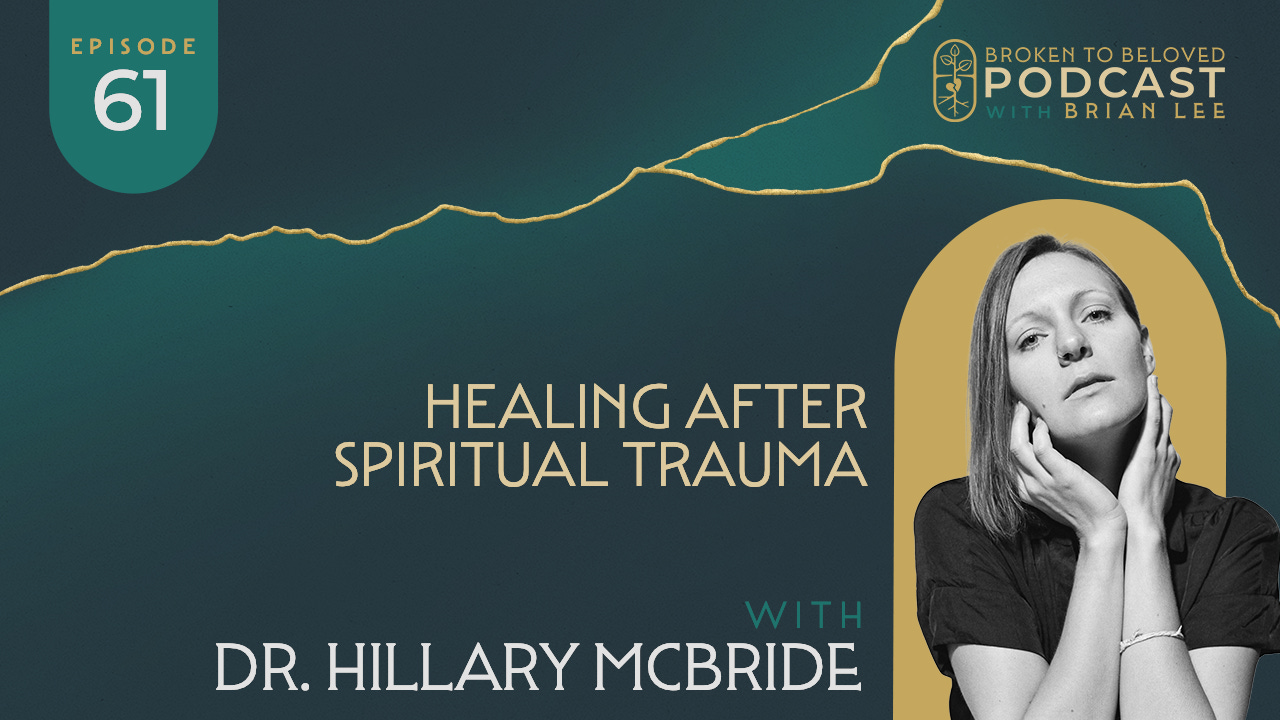
I have been dancing more in my living room as a practice to get into my body. There are also other benefits, apart from the fact that it’s just really fun to do.
What’s my go-to song, you ask?
Fancy Footwork by Chromeo (Thank you, Step Up 3)
If you’re interested in learning more about Broken to Beloved, you can check out their website here: https://www.brokentobeloved.org/
I attended the IEA Global Enneagram Conference.
At the end of July, I flew to Minnesota to attend the IEA Global Enneagram Conference. I had a blast! I shared more about it in a recent social post. You can find it here!
It was fun. There was an emphasis on unity among all represented countries, and we definitely felt it. Especially on the dancefloor at the gala!
I came away learning a lot and also not knowing the answers to a lot — like how to navigate paradoxes that are showing up daily in my life. I’m sure I will get clarity on my questions experientially.
As the weekend concluded, I reflected on how special my community is. Seeing virtual friends in person again, dreaming of the work we could be doing in the future, and sharing gratitude for the work we do now— it was wonderful.
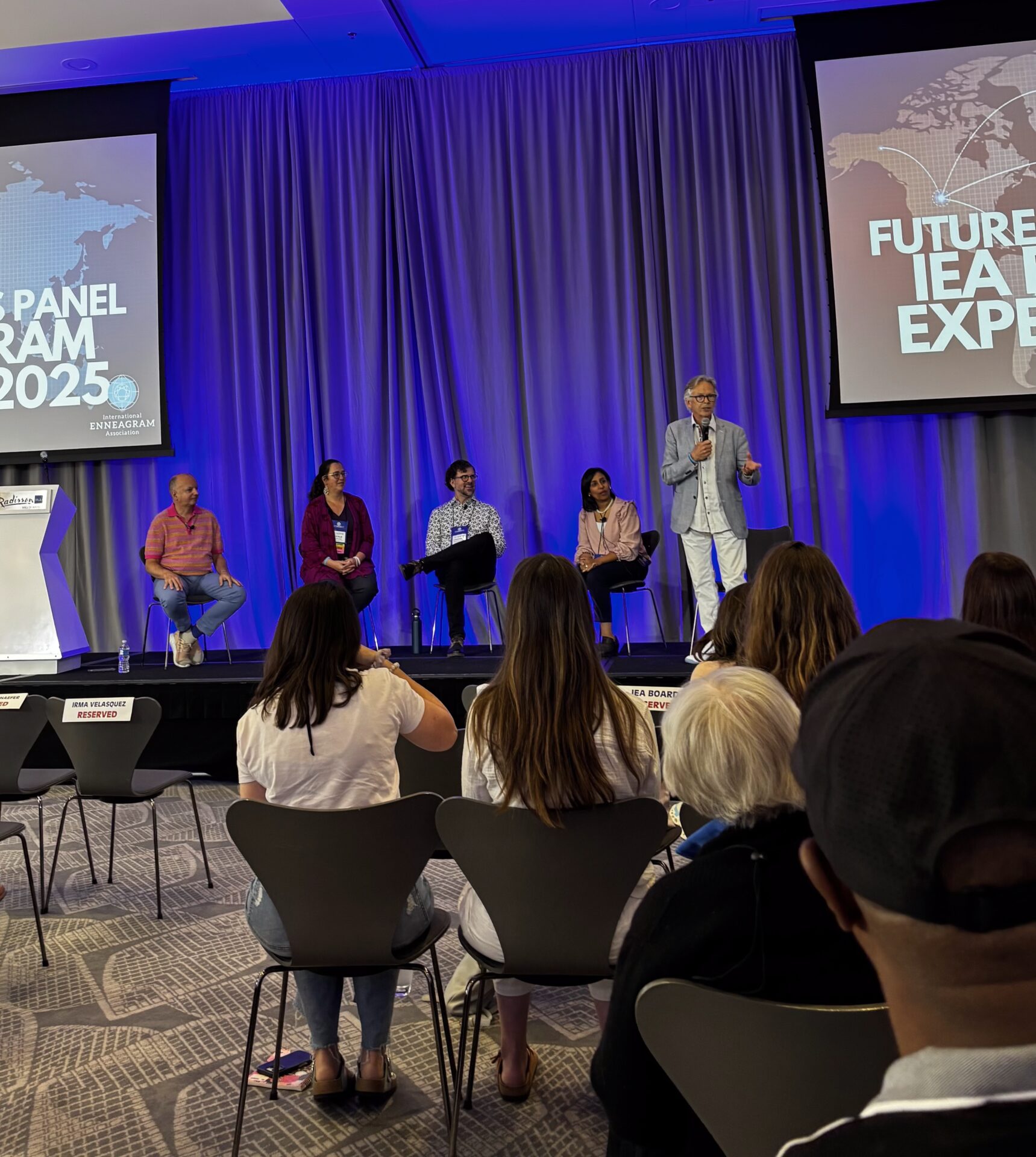
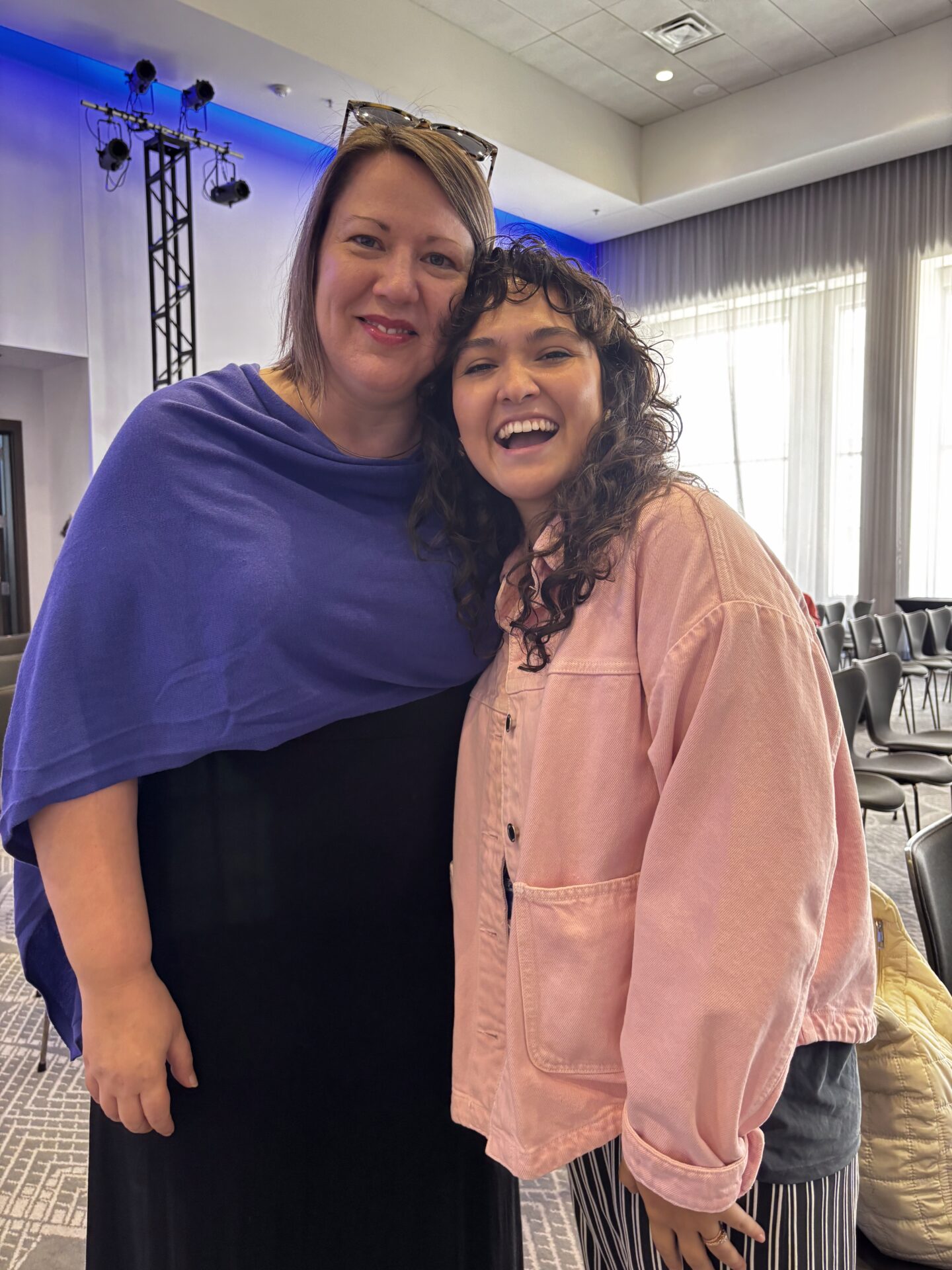
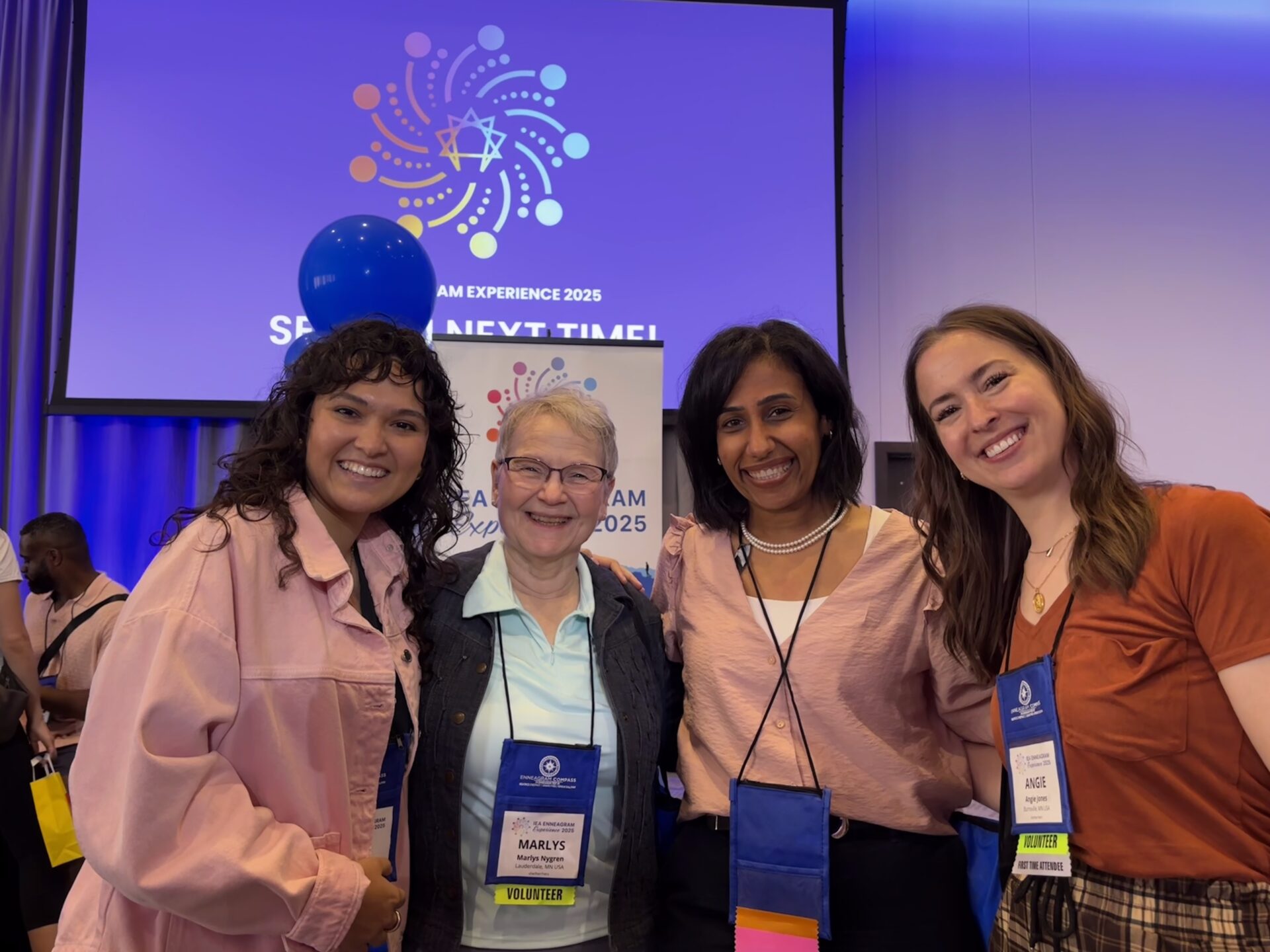
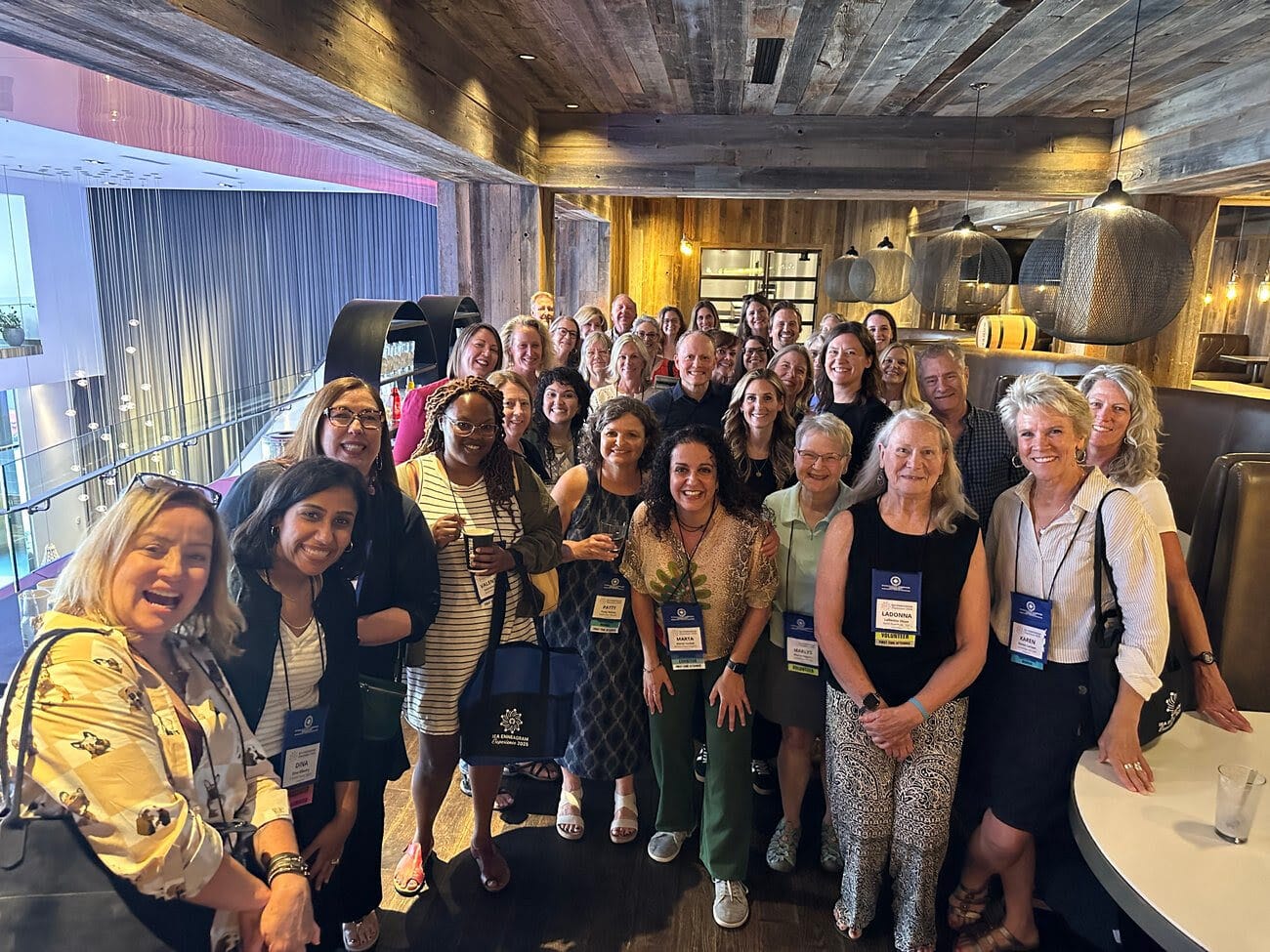
I gave a talk in my hometown.
We’re about up to date. Last week, I gave a talk on the Introduction to the Enneagram at the Temple Public Library.
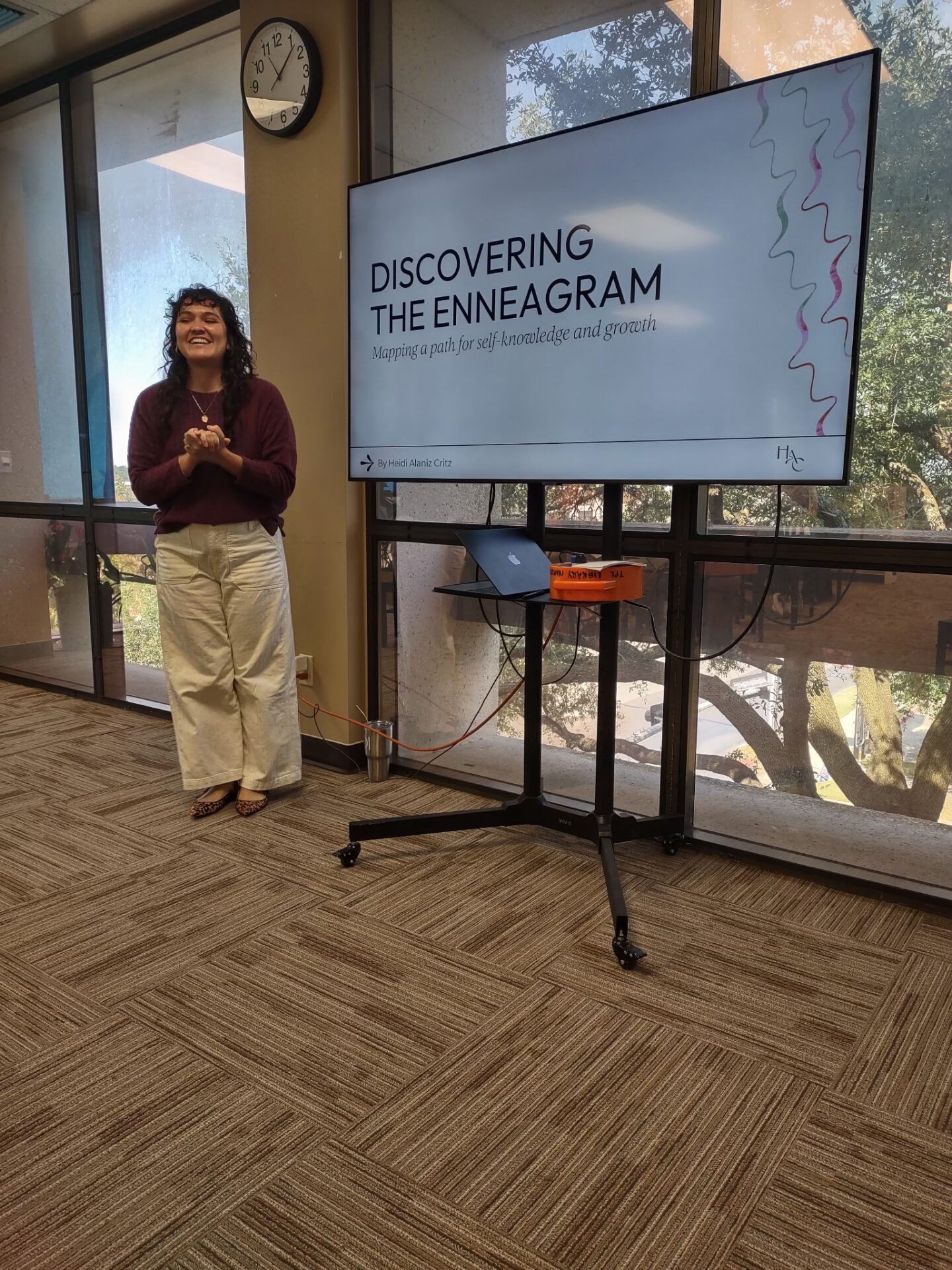
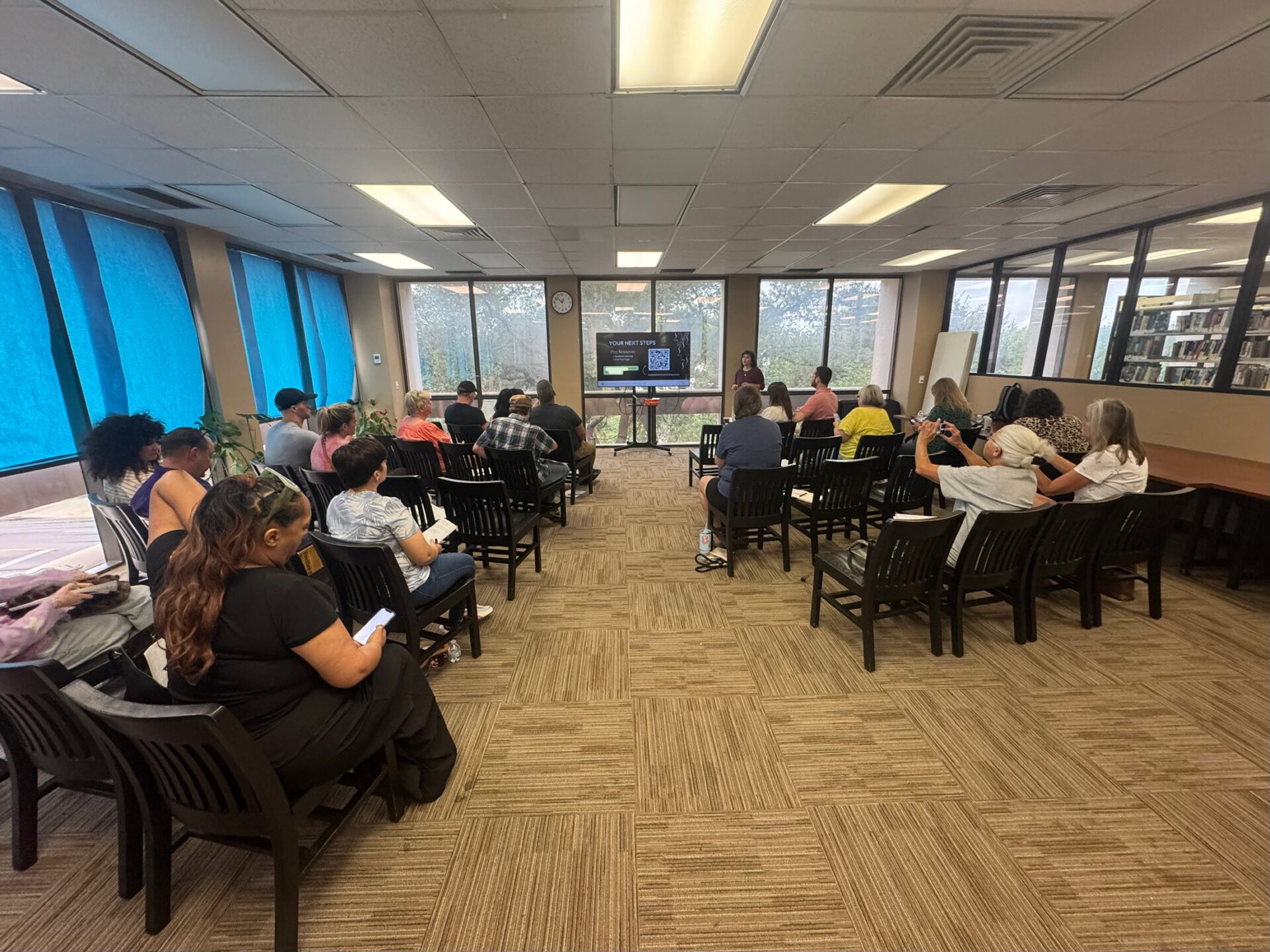
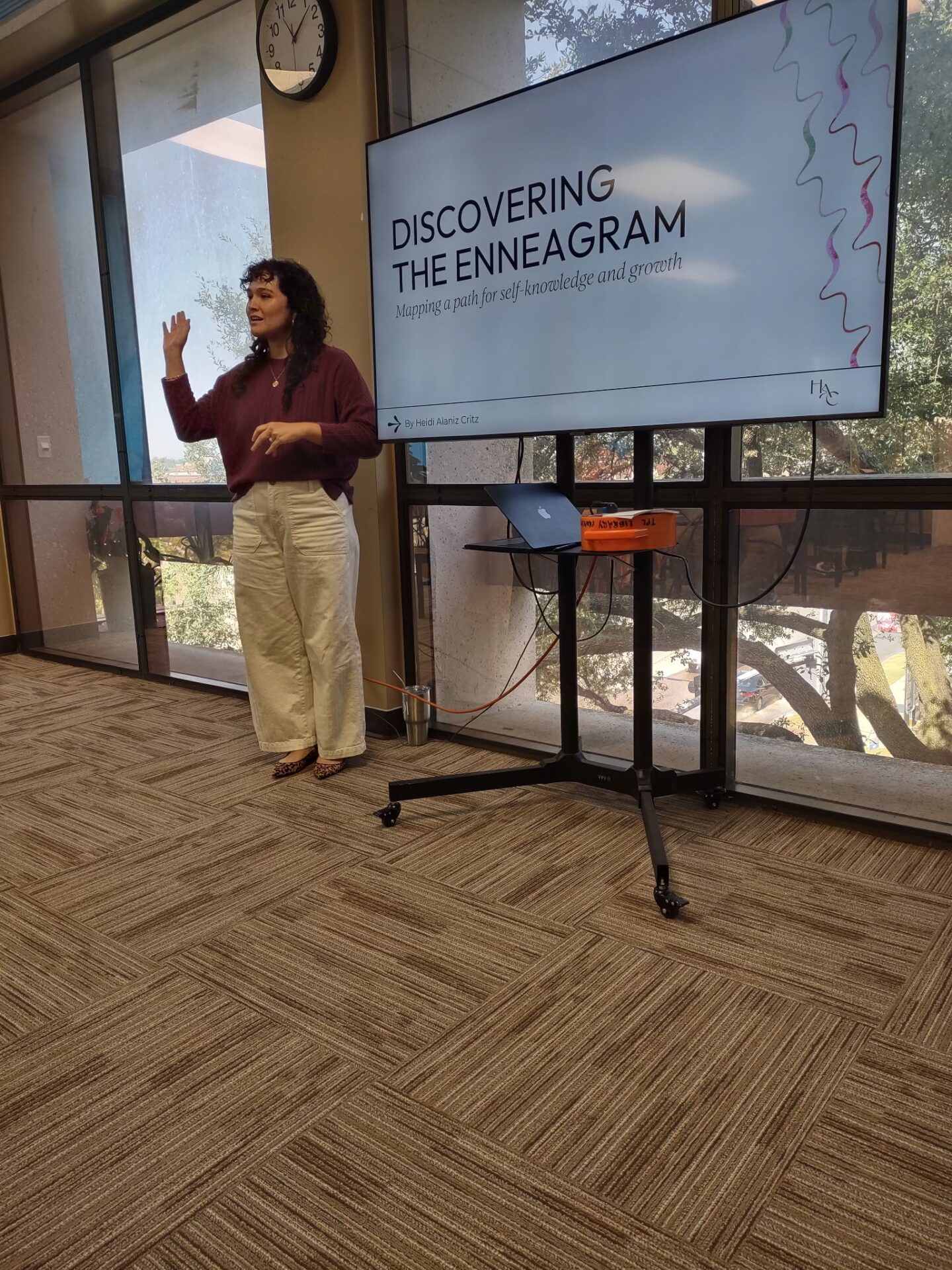
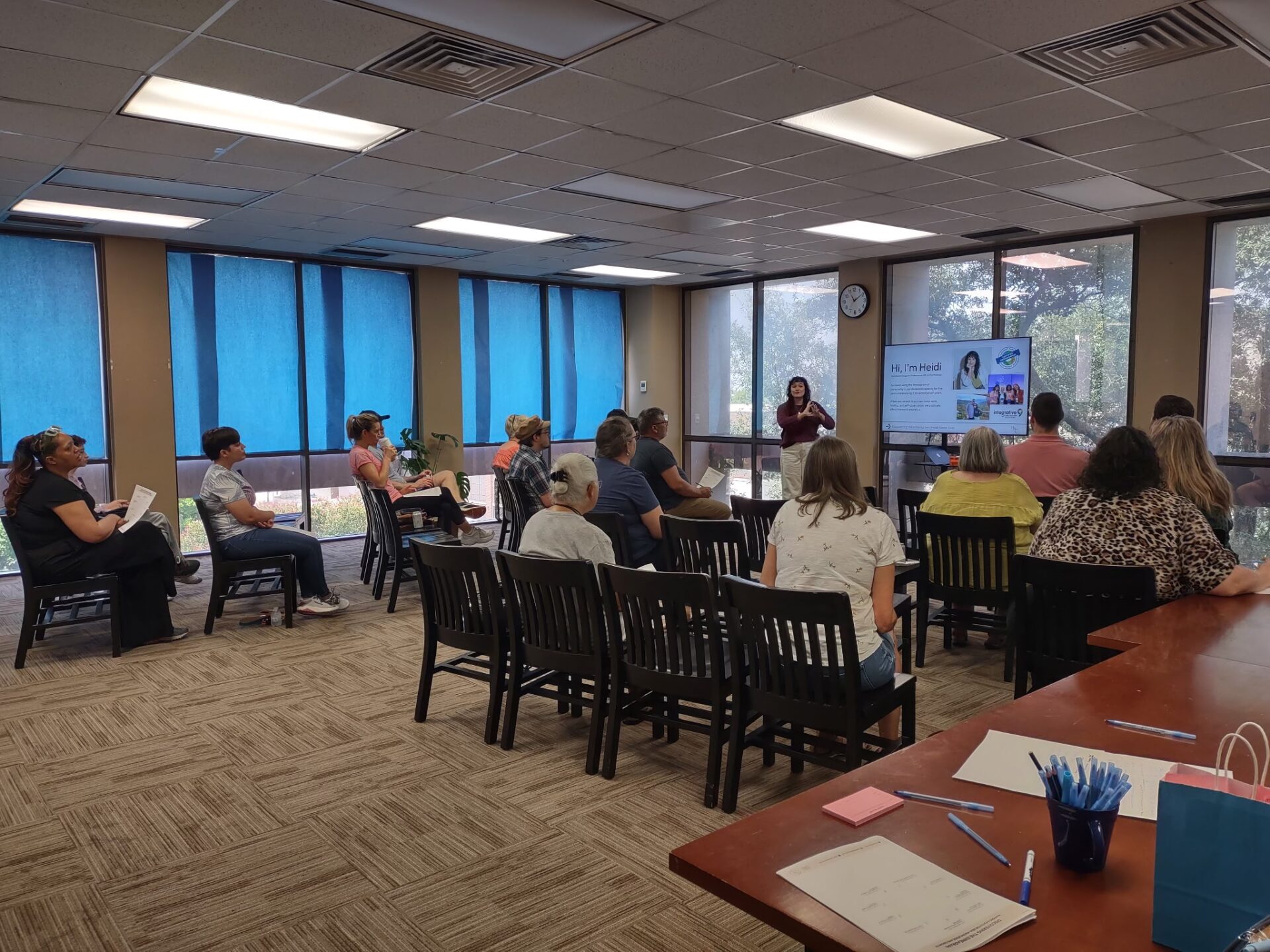
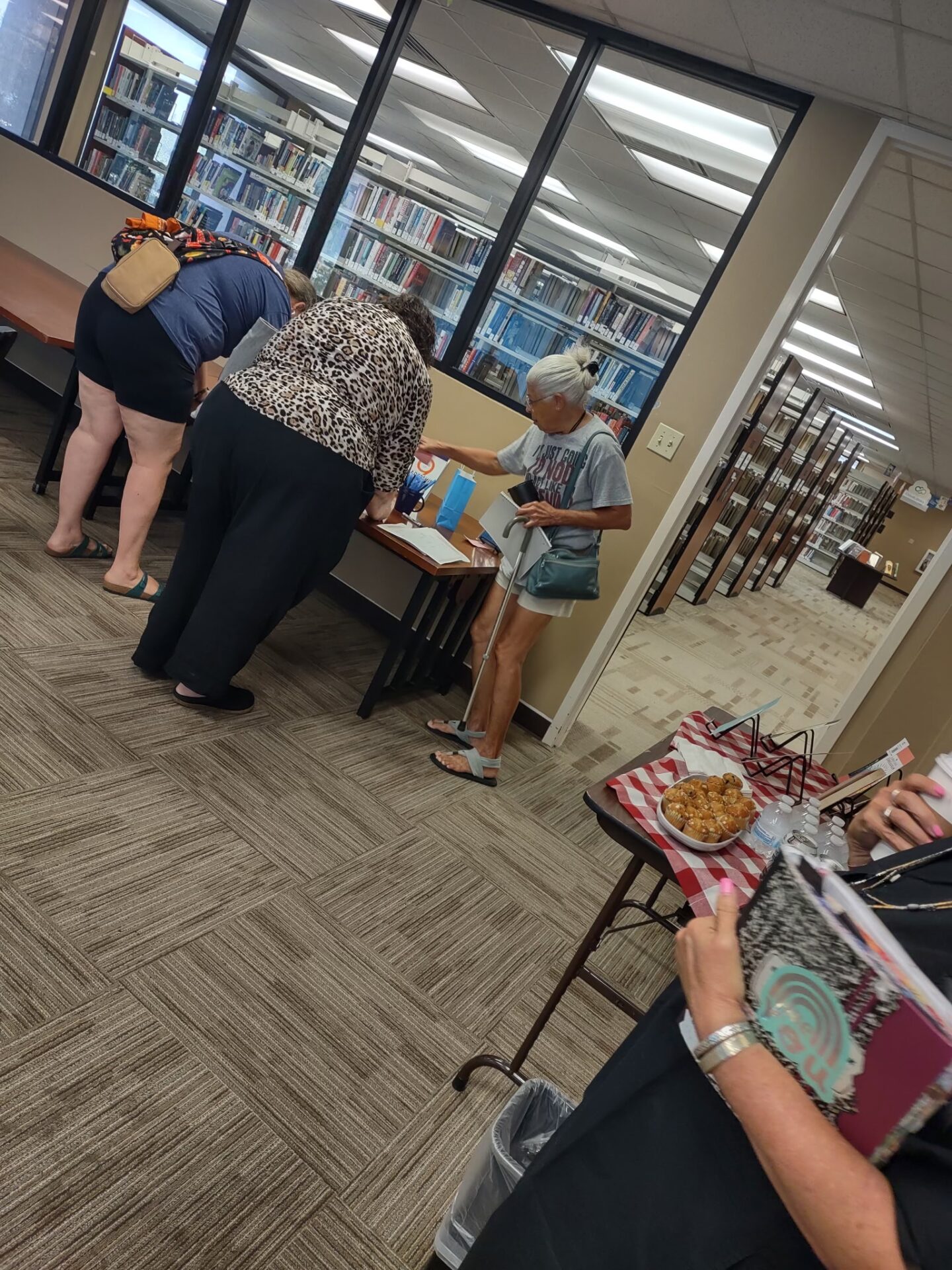
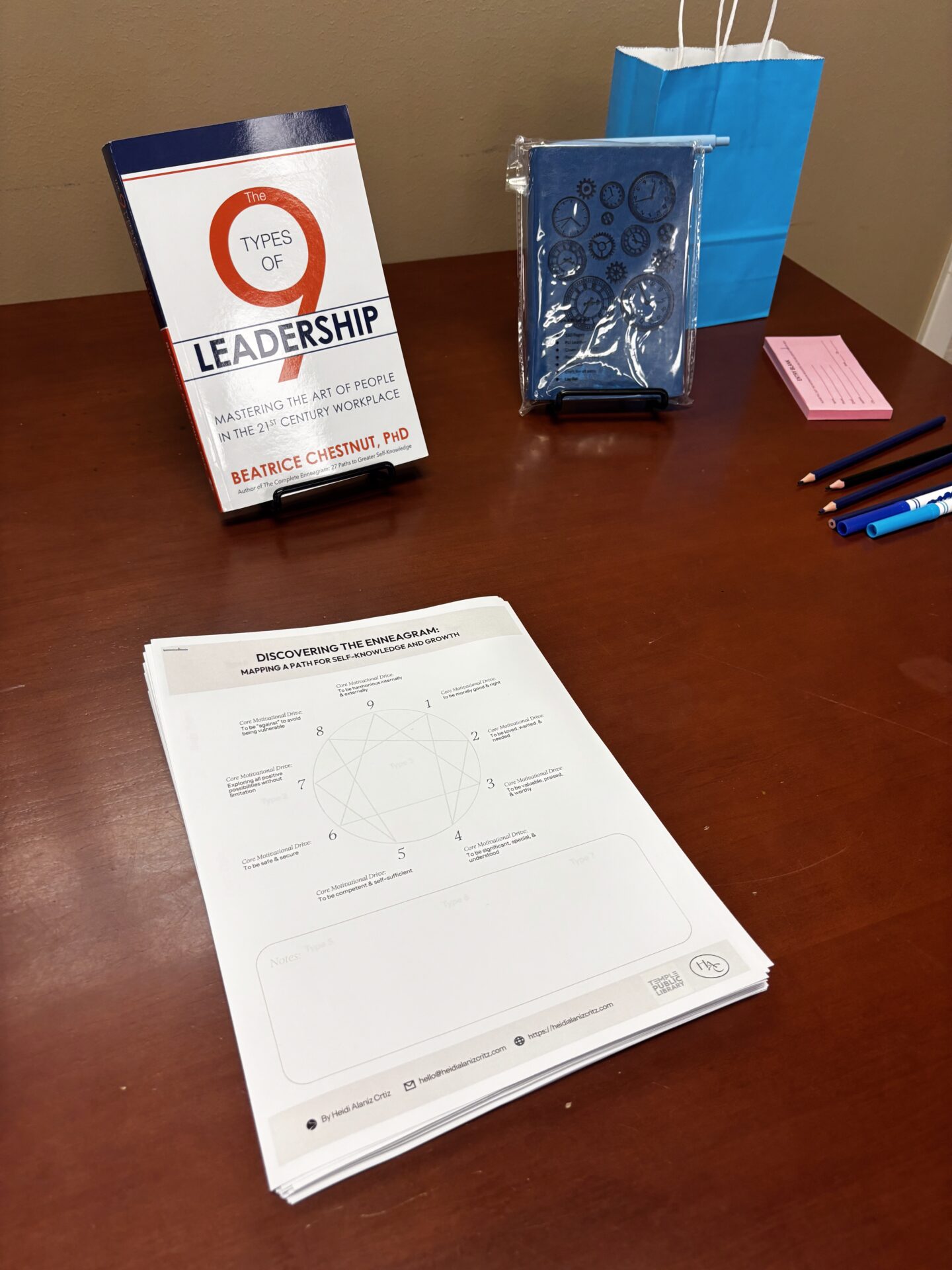
Shoutout to my husband and my best friends who supported me and took these wonderful photos.
And know that I did indeed dance to Fancy Footwork in my living room before we left for the Library.
I enjoyed connecting with people who live in the same town as me. Born and raised in Temple, it was so special for me to share a part of my work with people who were genuinely interested to learn more. We had a great Q&A time and had many discussions after the talk itself, in person and over email.
My favorite question from that day:
“Someone commented on a Facebook post about the Enneagram, passionately opposing it, saying something like, ‘This is not right. God is the only way…etc.’ How do I even communicate with someone about that?”
That is right up my alley! I loved this question.
And I can say, this is part of the same viewpoint that is keeping a lot of Christians (and other religious & spiritual people) out of therapy and psychological work. Perhaps that’ll be a future blog post.
Short answer to their question: It’s really hard to engage with a comment like that, especially on social media. And we know that, depending on the filter that this individual sees reality through (as we all have), they are holding on very tightly to a perspective, often to protect themselves and keep themselves and those they love safe (through duty, their perceived obedience to God, etc.). The unknown can be scary! And so, maybe it’s not our job to educate or share our personal experience with those who aren’t genuinely curious. We know what works for us— and we are all on our own journeys.
I shared more on that day, but it reminded me that many of us are experiencing similar things. We’re asking the same questions.
I’m thankful to my therapist and mentor, who has walked with me through my journey of these same curiosities.
It was a fun day.
What does all of this ask of me?
To be present. To keep on going. To not rush healing or growth.
All of this takes practice
- healthy, self-compassionate inner work
- finding safe and supportive community
- being courageous enough to be honest with ourselves
- healing in its own time
It gets me excited about the work that I do.
I say this often, but I’ll repeat it again:
When we commit to our own inner work, healing, and self-observation, we positively affect the world around us.
I’m thankful to those I’ve encountered who have committed to their own work and have positively affected me.
